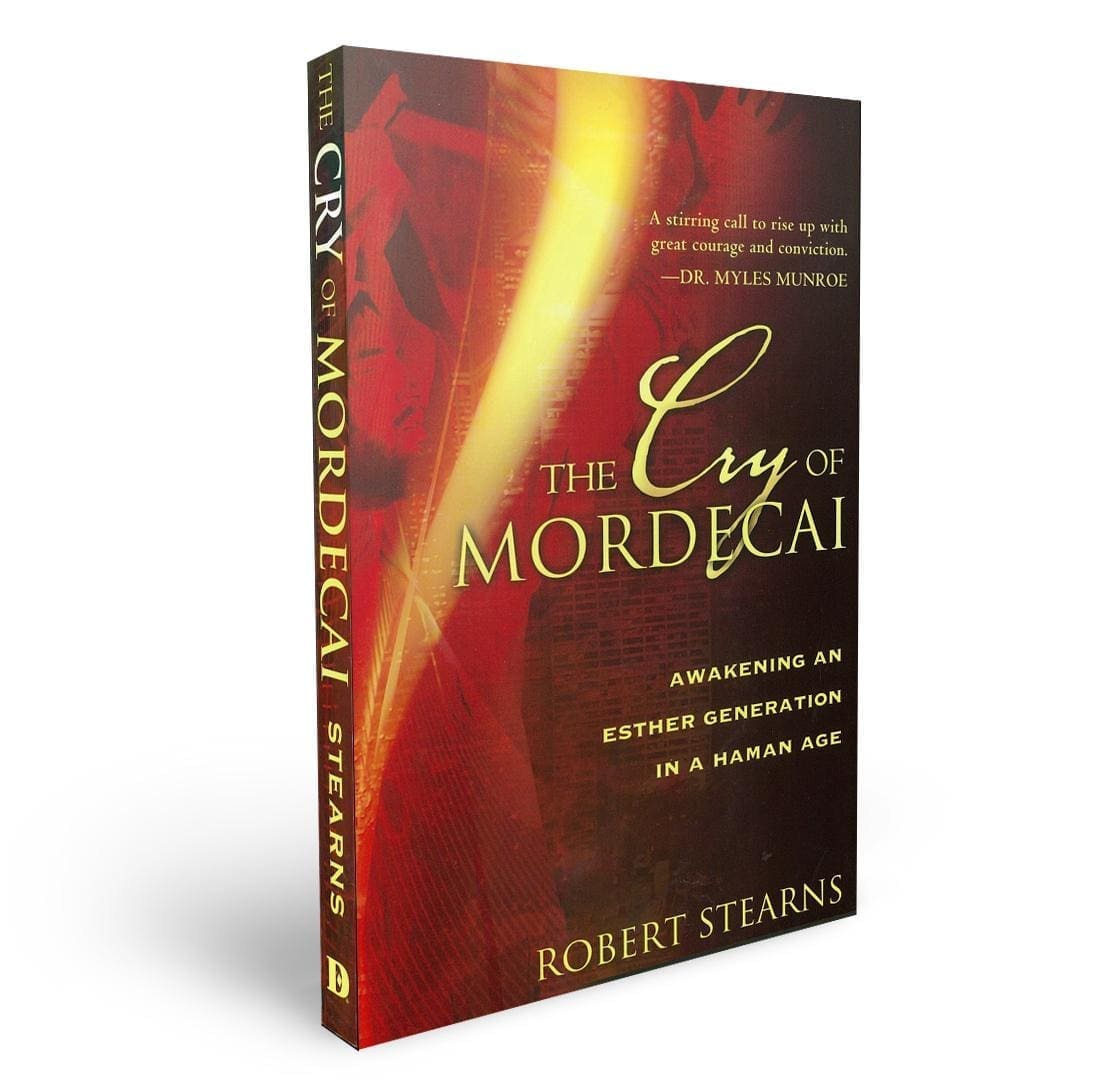A Message for Purim: Partnering in God’s Deliverance
A Message for Purim: Partnering in God’s Deliverance
The central theme of the entire Bible is how God delights to partner with His people.
Throughout Scripture when God does the miraculous, there is always—every time—the need for man to take some practical, natural step of faith to release the supernatural response.
God splits the Red Sea, but Moses has to stretch forth his staff over it.
God demolishes the walls of Jericho, but the Israelites have to march around them for seven days in silence and then lift up a shout.
God causes the Midianites to slay each other before Gideon’s army, but not before the leader has to reduce his troops to a mere 300 men.
God continues to fill the widow’s jars with flour and oil, but first, she has to give her last meal to the prophet.
Jesus feeds 5,000, but the boy has to give his fish and bread to see it multiplied.
Jesus heals the paralytic, but first, his friends have to climb up to the roof and lower him down through the ceiling.
The Word reveals a God of relationship who, even more than He desires to deliver His people, desires to be with them in the process. And so, using what was in her hand, Esther does what she knew how to do. She humbly, yet gracefully, prepares to wine and dine her beloved, as only she can.
Even so, we don’t see a magnificent display of God’s grandeur. He doesn’t astound anyone with an unexpected 11th hour appearance accompanied by an incredible outburst of thunder and lightning. No parting of the Red Sea this time! It’s still the orphan girl and her aged uncle who remain in the spotlight till the very end. The Jewish people have long since discerned this detail and have incorporated it into their annual festival of remembrance.
Both Passover (the Jewish feast celebrating the Jews’ deliverance from Egyptian slavery) and Purim (which celebrates the triumph of Esther) occur in the Hebrew month of Adar. The teaching of the rabbis compares these two holidays and declares that the joy of Purim is greater than the joy of Passover because, in the feast of Purim, the miracle we experience is one that originates from man and is executed by man—by someone just like us. Therefore, Purim gives us great hope and the confidence that we, too, can defeat whatever comes against us.
Think about it: The story of Purim is the story of an orphan girl living in exile. I don’t know that you could get much closer to a polar opposite of the almighty, all-powerful, omniscient God of the universe. The fabric of the story is also a stark contrast. Instead of God sending plagues as He did upon Egypt, Esther had to use what was hers (favor with the king) to save her people.
Esther is now the protagonist orchestrating the outcome of her own story. Not only are the actual voice of God, and angels of God, and supernatural miracles of God absent from the Book of Esther, but when her trusted advisor, Mordecai, points out that this is undoubtedly the reason she has come to her royal position, he decides that not even he will tell her what to do! Esther strategizes and executes her own plan—right down to the choice of table linens.
God is sovereign, and we can do nothing apart from His Spirit, but did it ever occur to you that (like Esther) maybe, just maybe, God desires to manifest His glorious, perfect, matchless plan through your life? That maybe you are the Esther your world is waiting for?
This season of Purim (March 20-22), as we remember God’s deliverance of His people Israel through Esther’s obedience, determine in your heart to partner with God in whatever way He desires. As you do so, with His help you will become an agent of His deliverance—not only in your own life but in the lives of those around you.
This article is excerpted from the book The Cry of Mordecai by Robert Stearns. To order your copy of this timely resource, click here.














